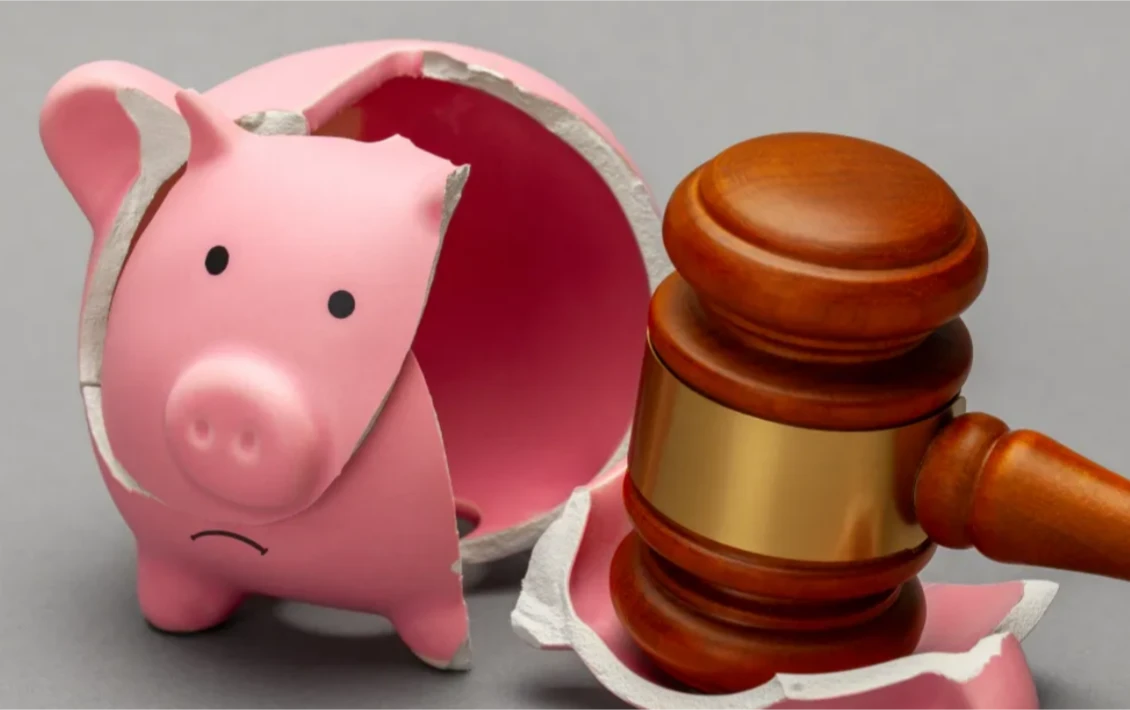When a bank fails, there can be a lot of uncertainty about the money you have with them. At Globe Live Media we’ll explain what happens.
Financial institutions are the safest places to keep your money, that’s what we have always believed and their locks and processes are usually much more reliable than the fact that you have your money stored under the mattress or any other hiding place in your home. However, what happens to your savings when that bank goes bankrupt? At Globe Live Media we are going to explain it to you.
The answer is that when these cases happen in the United States, the Federal Deposit Insurance Corporation (FDIC) is in charge of organizing the sale of the client’s assets from that bank to a healthier financial institution, or failing that, the FDIC itself is in charge of reimbursing all the deposits made to the client.
For example, according to an FDIC count, between 2001 and 2022 alone, some 561 banks in the United States will file for bankruptcy. While you may be alarmed by that number, the reality is that compared to the thousands of banks in the country, it is usually a very small number.
According to financial experts Experian, the odds of losing your money are extremely small as long as it’s in an FDIC-insured institution. And in fact, the website notes, since 1933 there has been no report of a single person losing their money while a bankruptcy process is underway in the country.
Bank failure occurs when a financial institution is unable to pay what it owes to its creditors. In this sense, the FDIC acts as an independent agency of the U.S. government and was created to provide banking assistance to institutions and customers who are in the midst of bankruptcy. It was born out of the Great Depression era.
You don’t need to pay any insurance, the FDIC automatically protects your money when there is a bankruptcy process. So before you open a bank account, you should make sure the bank is FDIC protected.
Fortunately, most banks in the U.S. are FDIC-insured, which means that if any of them go bankrupt, your money is protected.
According to Experian, the FDIC insures each bank account for up to $250,000 per depositor per account.

